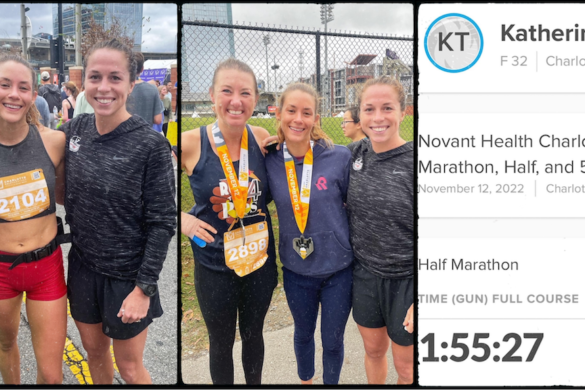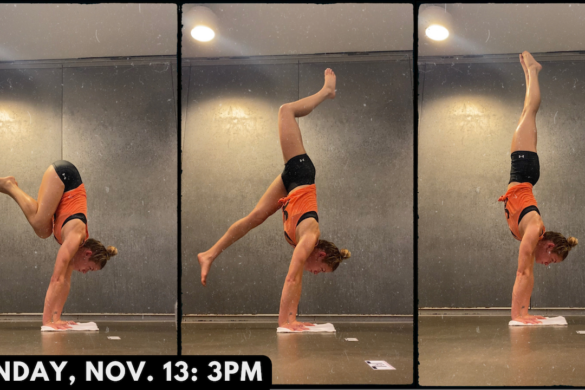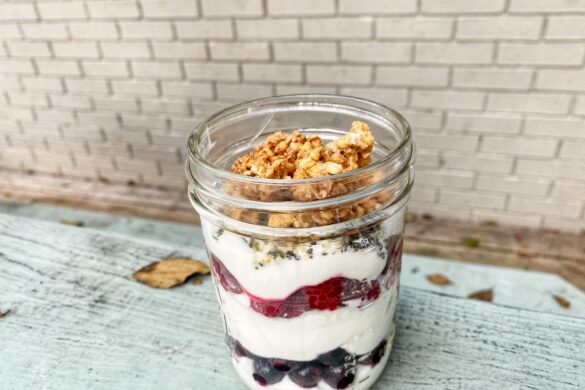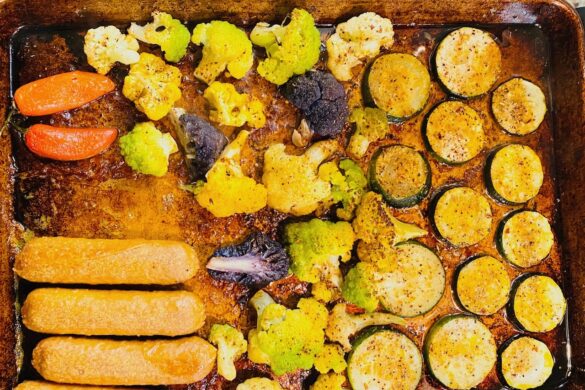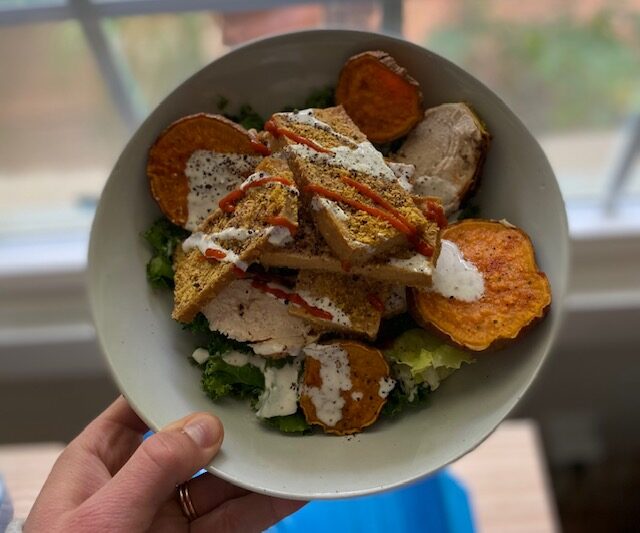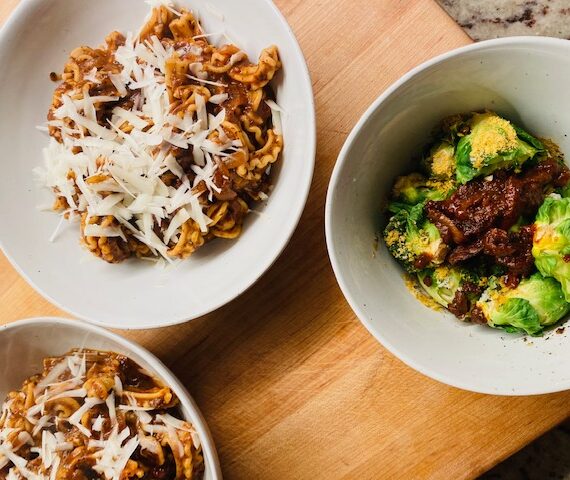As a former vegetarian of six years, I can say that plant-based eating is beautiful. It’s a fun challenge to add variety and color and non-harm to your habits. But I was also uneducated about protein intake. As an active person, I under-fueled my body for years before the chicken cravings kicked in – hard.
So, aspiring vegetarian, here are four key things to know about protein intake, especially if you’re super active.
(1) Get enough of it!
Inactive adults can get away with about 0.8 grams of protein per kilogram of body weight. Which means about 55 grams of protein each day for a 150-pound person and about 72 grams of protein per day for a 200-pound person to cover basic physical needs (Source: Precision Nutrition).
If you’re active though, everything changes. Your body’s preferred protein intake could double or even triple based on the amount, type and level of fitness you’re performing. This is where it helps to experiment and see what feels best in your body.
(2) Your body needs complete protein.
For starters, what is that? Quick breakdown: 20 types of amino acids bond together to create a protein. Our bodies can make 11 of these amino acids on their own. So there are nine amino acids we need to get from our diets. Proteins that contain all nine of those amino acids are complete proteins. Other proteins are incomplete proteins.
Typically, animal-based foods like poultry, meat, fish, eggs and dairy are reliable sources of complete proteins. Plant-based foods like vegetables, fruits, grains, nuts and seeds are often incomplete proteins. There are some complete plant-based proteins, too: including quinoa, chia seeds and soybeans.
Overall, this is a good reminder of why variety matters in your diet, especially for plant-based eaters. Combinations of different incomplete proteins can provide the right balance of essential amino acids. And combinations of different foods (plants and non-plants) can provide the right balance of nutrients for the body.
(3) Vegetarians should consider even more variety.
Eating eggs, tofu, tempeh, cheese, quinoa, chia, edamame and yogurt for complete protein are excellent options. Plus, keep leaning into variety to have a better chance of getting complete protein as a sum. Think beans/nuts + whole grains, as well as a mix of vegetables. Vegetables with more protein include Brussels, peas, broccoli.
Before you start overthinking all of this, you don’t need complete proteins at every meal, it’s just helpful to consider incorporating them into a day of eating, while enjoying these other combinations of protein-rich (yet incomplete on their own) foods. And no matter what types of protein sources you’re eating, for those macro counters out there: Keep in mind that the body can absorb 25-40g of protein in a single sitting, so there’s no need to stuff it all in at one meal.
Happy eating!


